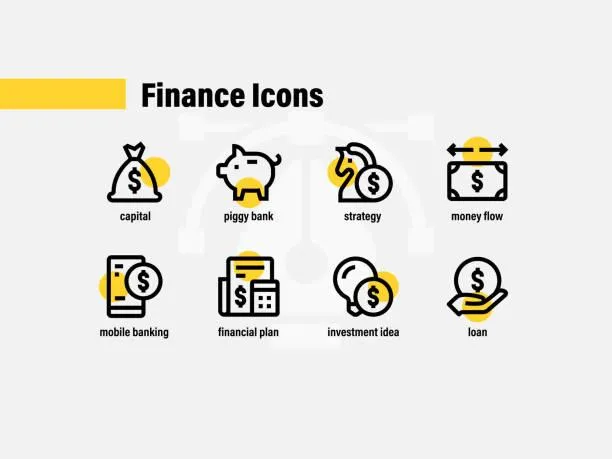
From Webinar to Wallet: 10 Quick Moves to Prep for the 2025 Filing Season
The new tax bill is packed with changes—some temporary, some permanent, and all of them potentially affecting your bottom line. Instead of waiting until January, you can take a few simple steps right now to get ahead of the curve.
Here are ten smart moves to make before the 2025 filing season.
Want the big picture first? Watch our YouTube breakdown of the 2025 tax bill where Misty and Tanya explain the changes in plain language.
1. Check Your Pay Stubs for Overtime Tracking
The new overtime exclusion applies only if your employer separates overtime on your W-2.
2. Ask About Tip Reporting
Only properly reported tips qualify for the new temporary deduction. If you’re in service or hospitality, ask HR now. For more context, read our post on tips, overtime, and car-loan interest changes.
3. Keep Your VIN Handy
Planning to claim the new auto loan interest deduction? Your VIN must be reported on your tax return.
4. Confirm 529 Usage Rules
New rules expand 529 funds to cover tutoring, homeschool curriculum, and certification fees. (See our Taxes for College Students guide for related education tax strategies.)
5. Revisit Dependent Care Elections
The dependent care FSA limit is now $7,500, and credits were expanded.
6. Estimate Child Tax Credit and Senior Deduction Changes
Both were adjusted in the new law. Run a quick projection now to see how they’ll lower your taxable income.
7. Plan Major Purchases for Bonus Depreciation
100% bonus depreciation is back. Make sure assets are placed in service by year-end.
8. Update Your Charitable Giving Strategy
Non-itemizers can deduct up to $1,000 ($2,000 for married filing jointly), but itemizers face a new 0.5% AGI floor. If you live in a high-tax state, our post on the SALT cap increase is worth a read.
9. Check Your 1099 Expectations
1099-K threshold returns to $20,000.
1099-NEC moves to $2,000.
See our IRS deadlines and payment tips guide to stay on top of reporting.
10. Explore HSA Options
Bronze and catastrophic plans are now HSA-eligible. S Corp owners should review our HSA rules for S Corps before setting one up.
Why Acting Now Pays Off
Less stress when tax season arrives.
Maximized deductions because paperwork is ready.
Better cash flow since you anticipate credits and savings.
Final Thoughts
Tax law doesn’t stand still—and neither should your planning.
Book a 30-minute call so we can tailor these strategies to your family or business.